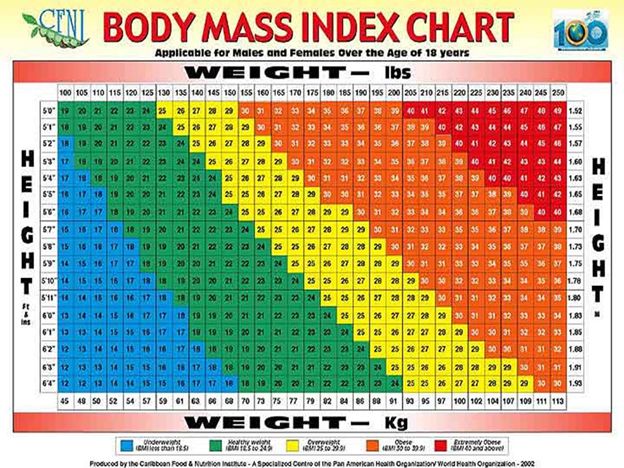The History of Linking Weight to Health
Foreword
Dear reader, if you are looking at the history of linking weight to health, then chances are that you or a loved one are going through a struggle regarding weight gain. It’s not easy for anyone to have to look in the mirror and face certain facts about themselves, especially if there is already a societal stigma already attached to the size and shape of your body. We want to assure anyone who is even remotely going through such a struggle regarding weight that we have no intention to cast judgement or make you or your loved one feel attacked. In fact, we applaud you for being brave enough to come this far to gather information over such a sensitive subject matter. We hope that this first step into your journey will be one in the right direction and can leave you feeling positive overall.
The History of Linking Weight to Health
 In an anthropological sense, one can argue that throughout most of human history, fat was seen as a sign of wealth and prosperity. However, it was during Ancient Greece when the main inventor of medicine, Hippocrates, first noticed the connection between morbid obesity and disease/premature death. However, his idea of how the body functioned differed than modern day medical practice.
In an anthropological sense, one can argue that throughout most of human history, fat was seen as a sign of wealth and prosperity. However, it was during Ancient Greece when the main inventor of medicine, Hippocrates, first noticed the connection between morbid obesity and disease/premature death. However, his idea of how the body functioned differed than modern day medical practice.
He, like most Greek physicians and philosophers at the time, believed in humourism, an idea that there were four types of bile that existed in the body that needed to be perfectly balanced in order to stay healthy. He originally coined the term ‘obese’ to mean ‘having a surplus of humors.’
It wasn’t until medicine started making more progress in the late 1800’s that people were able to test and conclude scientifically how weight impacted health. Health regarding weight started to really take off in American consciousness at around 1885, when the penny scale was introduced.
Then, from 1882-1969, the Metropolitan Life Insurance Company, of all groups, decided to create height and weight tables to serve as a standard system of measurement of the ideal weight.
Overtime the BMI scale was developed and is now the standard of measurement when it comes to obesity.
What is BMI?
Your Body Mass Index or BMI is a calculated measurement where a person’s weight is divided by their height. As of late, things like age, gender and other factors are added into the calculation of just how much your weight will impact your overall health, and if you want a more accurate reading, you want to at least make sure your doctor has all the accurate information. But, you can get a ballpark idea of where you are based on this scale.
What Counts as Morbidly Obese?
If your BMI is at around 30 to 40, then you would be considered obese, but not morbidly so. It is when you hit the 40’s and over where you will start to see more obesity related issues like high blood pressure, diabetes, some cancers, stroke, and so on. It’s never good to be on the obese side in general, but to qualify for something like surgery and have your insurance cover it, you would have to have a BMI that is over 40. Talk with your doctor before undergoing a major treatment for weight loss, if you are seriously considering it.
Conclusion
We hope to have shed some light on the subject matter, and answered some of your questions. Asking “what is morbid obesity?” and ” am I obese?” can be overwhelming. If you want to know more about the process, reach out for a consultation.